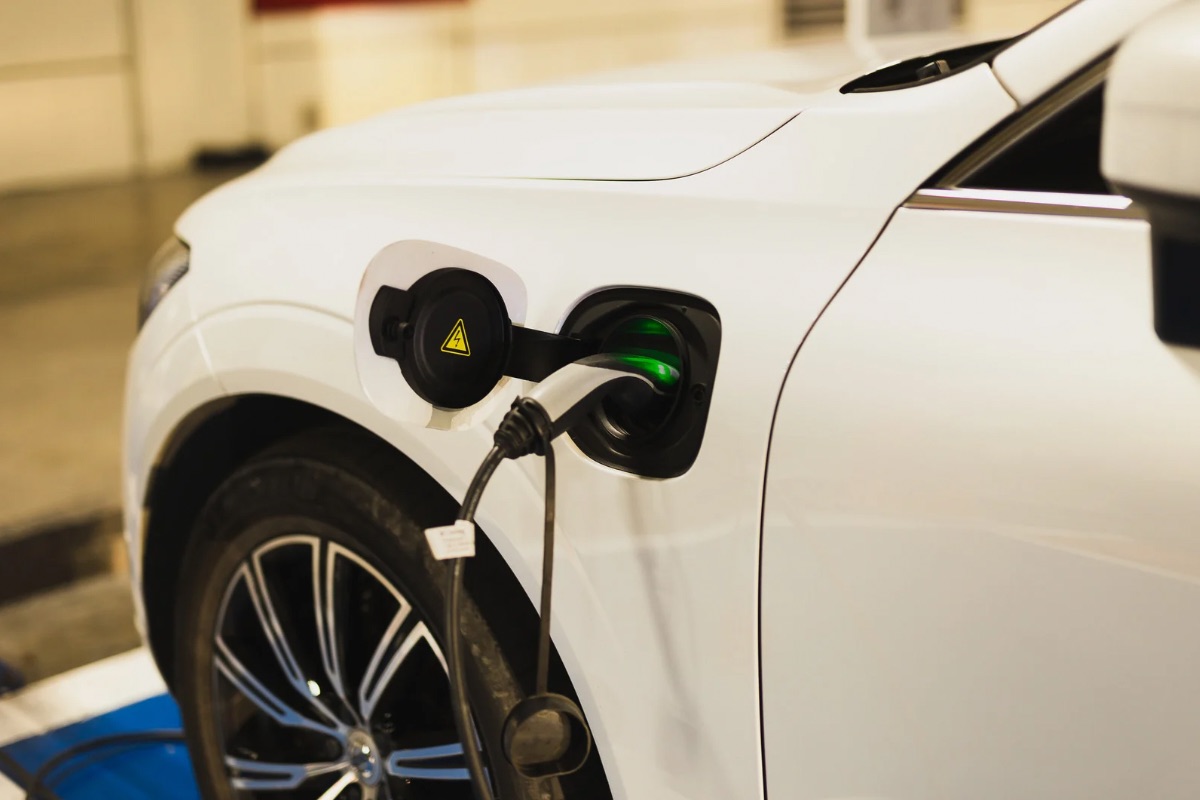Rishi Sunak’s Delay in Banning Internal Combustion Engine Cars: An Environmental and Economic Concern
In recent years, the global conversation surrounding climate change and the environment has intensified. Governments around the world are taking significant steps to combat the looming climate crisis. However, some decisions made by policymakers raise concerns about their commitment to a sustainable future. One such decision is Rishi Sunak’s delay in banning the sale of internal combustion engine (ICE) cars in the UK. In this article, we will explore why this delay is detrimental to both the environment and the automotive industry.
The Environmental Impact:
1. Increased Emissions: ICE vehicles are a significant source of greenhouse gas emissions, contributing to air pollution and climate change. Delaying the ban on their sale means more emissions in the atmosphere, further exacerbating environmental issues.
2. Missed Climate Targets: The UK has set ambitious climate targets, including achieving net-zero emissions by 2050. Delaying the ICE ban undermines these goals and makes it more challenging to meet international climate agreements.
Economic Implications:
1. Lost Investment Opportunities: The automotive industry is undergoing a transformation towards electric vehicles (EVs). Delaying the ICE ban hinders the growth of the EV market, potentially causing the UK to miss out on significant investment opportunities.
2. Competitive Disadvantage: As other countries embrace EVs, the UK risks falling behind in the global automotive market. This delay could result in a competitive disadvantage for British car manufacturers.
Consumer Confusion:
1. Uncertainty for Consumers: Delaying the ban creates uncertainty for consumers who are considering purchasing a new car. They may be hesitant to invest in ICE vehicles if they anticipate a ban in the near future.
2. Transition Challenges: A sudden shift away from ICE vehicles, when the ban eventually takes effect, could overwhelm consumers and the automotive industry. Gradual phasing would have been a more manageable approach.
Conclusion:
Rishi Sunak’s decision to push back the banning of the sale of internal combustion engine cars raises valid concerns about the environment and the automotive industry. While a well-planned transition to electric vehicles is essential, the delay in implementing this crucial step risks both environmental damage and economic setbacks. It’s imperative for policymakers to prioritize a sustainable future, one where the automotive industry thrives through innovation and the environment benefits from reduced emissions.


















